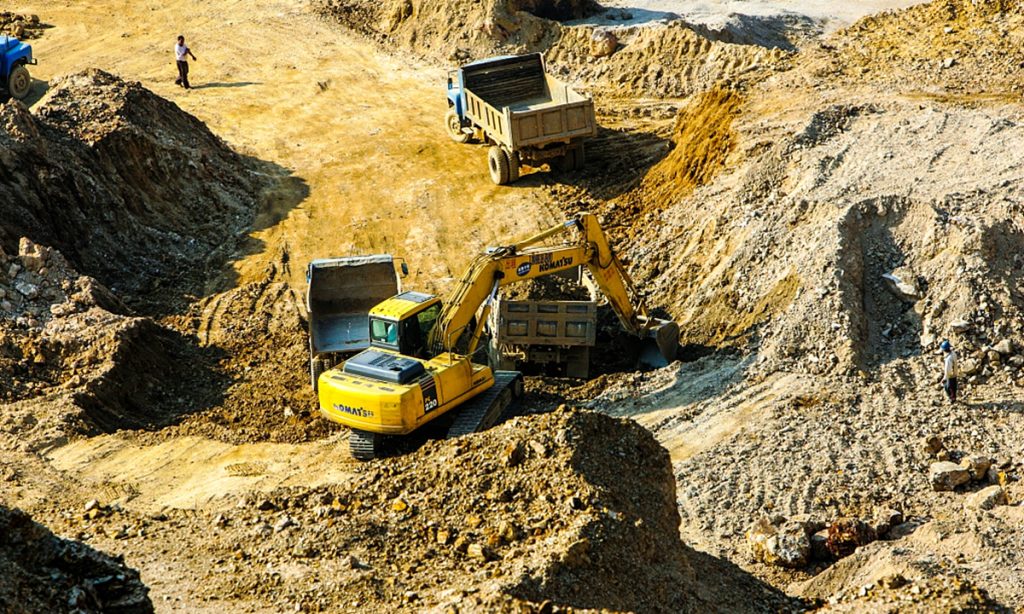N.China’s Baotou aims to expand rare-earth industrial scale to over $14 billion in 2024

Baotou, North China's Inner Mongolia Autonomous Region, which holds over 80 percent of the nation's rare-earth reserves, aims to accelerate rare-earth new material industry and application during 2024.
According to guidelines issued by the municipal government, Baotou aims to expand the rare-earth industrial scale to 100 billion yuan ($14.08 billion) and establish itself as China's largest rare-earth new material base and the world's leading rare-earth application center, media outlet thepaper.cn reported on Thursday.
Baotou possesses 83.7 percent of China's rare-earth reserves, accounting for 37.8 percent of the global reserves, according to the report.
According to the guidelines, Baotou will increase the production capacity of rare-earth raw materials, consolidating the city’s position as the world's largest supplier.
It also emphasizes the need to expand Baotou’s rare-earth magnetic materials industry with increased research and development efforts for high-performance magnetic materials.
The application of rare earths in various industries should be expanded and deepened, including the development of permanent magnet motors for industrial energy efficient motors, wind power generators, electric motors for new energy vehicles, and specialized motors for robots.
The city will also step up efforts to accelerate the construction of a rare-earth industry intellectual property operation center and a rare-earth product testing center. The goal is to add 150 new rare-earth patents within the year and lead or participate in the development of three national standards and four industry standards, according to the report, citing the guideline.
The issuance of the guidelines comes as China’s State Council, the country’s cabinet, in October issued a document to develop Baotou into the largest rare-earth new materials base in China and a globally leading rare-earth application base.
The document proposed strengthening the development and utilization of strategic resources such as rare earths in North China's Inner Mongolia Autonomous Region. This includes supporting systematic exploration and evaluation, protective development, high-quality utilization, and standardized management of strategic mineral resources in Inner Mongolia.
China has been placing increased importance on the high-quality development of the rare-earth sector.
The State Council stressed at an executive meeting in November that rare earths are strategic mineral resources. It called for enhanced efforts to coordinate the exploration, development, utilization and standardized management of rare earths, to promote the development and application of a new generation of green, efficient mining and related technologies.
Efforts should also be made to crack down on illegal mining and environmental damage, while promoting intelligent and green development of the country's rare earths, according to the meeting.